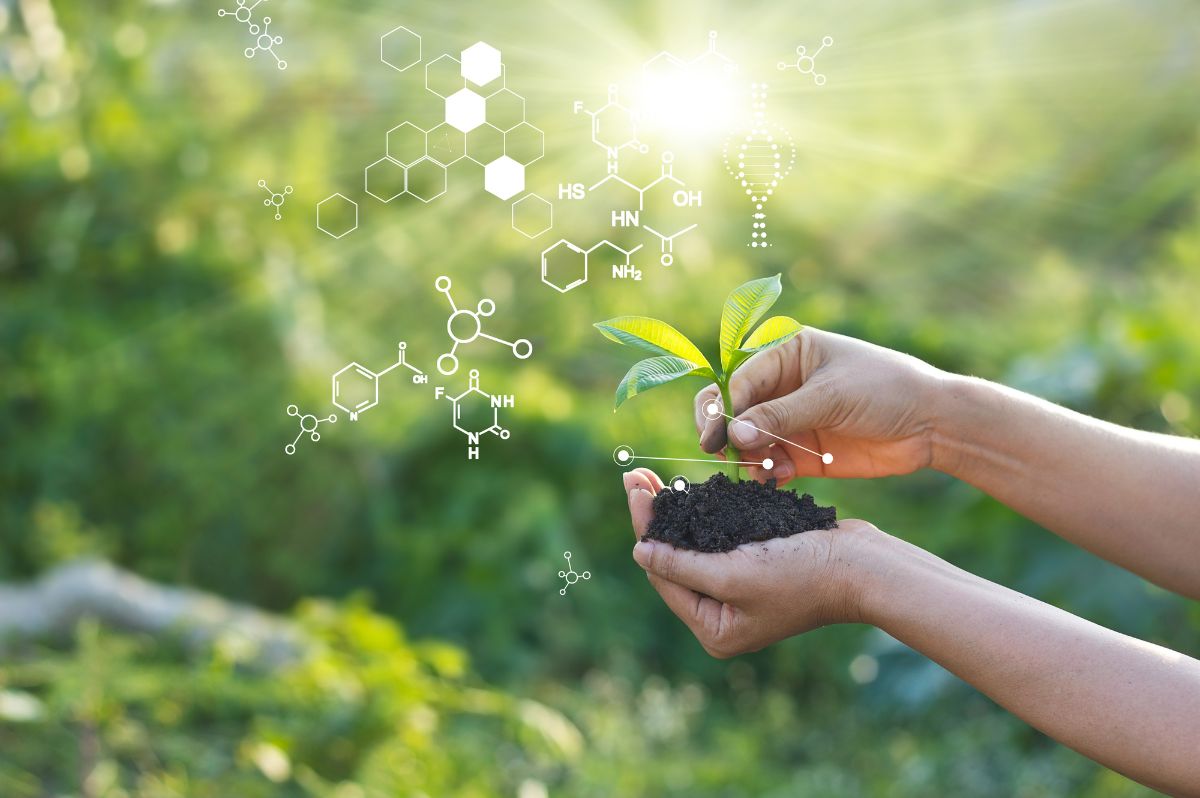While still not as popular as some other systems, significant progress has been made in optimizing the use of plants for the large-scale production of recombinant proteins. Plants offer several key advantages that pose a compelling argument for scientist to continue to optimize plant systems and potentially use them as a more cost effective, safer, and scalable alternative to other methods. Plants have been used to produce a wide range of therapeutic proteins, one example being the production of the enzyme alpha-galactosidase in tobacco plants, which is used to treat Fabry disease, a rare genetic disorder. Plant-based vaccines including those for hepatitis B, rabies, and human papillomavirus (HPV) have several advantages over traditional vaccine production methods, including lower costs, simpler manufacturing processes, and improved stability. Plants have also been used to produce industrial enzymes for a variety of applications, such as the production of the enzyme cellulase which is used to break down plant biomass for biofuel production.

Here are the top advantages of using plants for protein production
Diversity of Host Organisms
Plant-based expression systems offer a wide range of host organisms, including but not limited to, tobacco, alfalfa, maize, and others, which allows for the optimization of protein expression and the selection of the most appropriate host for specific proteins. The selection of host is typically based on biomass yield, storage characteristics, ease of transport, value of the recombinant proteins, maintenance costs, availability for workers, required area, duration of production cycle, cost of subsequent products, edibility and so on.
Low Cost
Plants are a cost-effective alternative to traditional expression systems, such as bacterial and mammalian cell cultures. Plants can be grown on a large scale in low-cost facilities and require minimal maintenance.
Safety and Sustainability
Workplace safety and reduced risk of contamination: Plants are non-pathogenic and non-infectious, making them a safe system for the production of proteins. Plant-based expression systems are less susceptible to contamination from endotoxins and from animal or human pathogens, thereby circumventing the need for extensive purification and testing, and helping reduce the time and cost of protein production.
Environmental impact and sustainability: Plant-based expression systems are generally considered environmentally safe, as the use of plants eliminates the risk of releasing potentially hazardous microorganisms or viruses into the environment. Additionally, plant-based systems produce less waste and require fewer resources than other expression systems, which can reduce their environmental impact. The use of plants can reduce the carbon footprint of protein production, as plants capture and store atmospheric carbon dioxide during their growth
Safe and ethical protein production: Plant-based expression systems are considered a safe and ethical means of protein production as they eliminate the need for animal-based expression systems and the associated ethical concerns. Additionally, plant-based systems can be used to produce proteins that are compatible with a vegan or vegetarian lifestyle, reducing the reliance on animal-based expression systems.
Sustainability and renewability: Plant-based expression systems offer a sustainable and renewable source of protein production, as plants can be grown and harvested repeatedly, without the need for animal-based sources or synthetic chemicals. This can reduce the environmental impact of protein production and enhance its long-term viability.
High Expression Levels
Plants have the potential to produce high levels of a recombinant protein that can meet the requirements of a viable commercial scale.
Production of complex proteins
Plants can perform complex post-translational modifications that are similar to those found in human cells. While the advanced glycosylation machinery is different in plants versus mammalian cells, recent progress in glycoengineering in plants has opened avenues for the production of humanized proteins in plants. Plant-based systems can not only be used to express a wide variety of proteins and difficult to express proteins but also to express multiple proteins simultaneously, allowing for the production of complex protein mixtures.
Scalability
Plant based systems are inherently scalable and amenable to optimization which makes this platform a viable option for both small-scale and large-scale production. Use of transient system-based expression of proteins in plants can allow for the production of large amounts of protein in a relatively shorter period of time. This is particularly useful for producing proteins for research and development purposes.
Reduced Risk of Immune Response
Proteins produced using plant-based expression systems are overall less likely to induce an immune response in humans, as plant cells lack the complex carbohydrates and glycoproteins that can trigger an immune response in mammalian cells. While certain plant specific modification could trigger an immune response the use of glycoengineered strains can easily help circumvent this issue.
Easy Genetic Modification
Plant-based expression systems are amenable to genetic manipulations which allows for the optimization of protein expression and modification of plant cells to enhance the stability, activity, and production of recombinant proteins.
In addition to proteins, plants have also been used to produce small molecules such as pharmaceuticals. For example, the anti-malaria drug artemisinin is produced in large quantities in genetically modified yeast and in a relative of the tobacco plant. Plants can also be used to produce nutritional supplements such as vitamins and amino acids. For example, researchers have produced the amino acid lysine in tobacco plants, which is used as a feed additive in the livestock industry.
Overall, plants have many ideal characteristics as a recombinant protein production platform, including cheap growth conditions, well‐understood manufacturing practices, a high level of scalability, the ability to synthesize complex proteins, the potential for rapid production timescales, and a low risk of human pathogen contamination. Optimized growth and expression procedures combined with low-cost greenhouses can allow for the rapid production and reduced costs of therapeutic proteins and drugs for rare diseases. The world of plant biotech is growing and evolving as more research is being done to understand and optimize these systems. New technology, growing demand, and a growing awareness of the potential benefits of plant biotechnology are rapidly expanding the industry as the demand for affordable, sustainable, and efficiently produced biotherapeutics and other bio-manufactured products increases.
